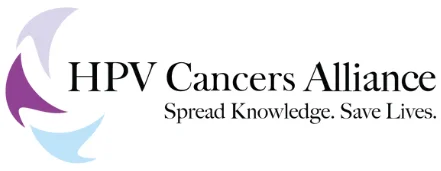So, you or your partner has been diagnosed with HPV.
People with high-risk HPV (types 16, 18, 31, 33, 42, etc.) fear developing HPV-related cancer but often lack preventive guidance. Doctors recommend boosting the immune system through a healthy diet, sufficient sleep, and stress reduction.
Ongoing HPV Infections
An HPV infection, detected via cervical or anal pap, lasting over two years increases the risk of cancer. While most people clear HPV naturally within two years, weakened immune systems can lead to persistent infections. Contributing factors to immune weakness include poor diet, sleep deprivation, stress, or aging. About 10% of HPV infections persist beyond two years and are most likely to cause cancer. Read more about low vs. high-risk HPV here.
Current Treatments
No systemic treatment currently exists for ongoing HPV infections; current methods focus on early detection and localized treatments such as:
- Cryotherapy: Freezing and killing abnormal tissue.
- Surgical excision: Removing targeted tissue.
- LEEP: Removing irregular cervical cells.
- Cold knife conization: Removing cervical tissue.
While these methods have an 80% success rate, recurrent lesions are common. Moreover, screening and treatment protocols for non-cervical HPV infections, such as anal cancer, are limited. Preventing cell changes before they occur is critical, and a phase II study reveals that AHCC, a supplement, is effective in eliminating persistent HPV infections, offering hope.
What is AHCC?
AHCC is a natural dietary supplement derived from the shitake mushroom. It has antioxidant and anticancer properties, and has proven effective in helping clear HPV infection in clinical trials. Here is a list of genuine AHCC products!
Pilot Studies
Two pilot studies demonstrated AHCC’s potential:
Study 1: 4 out of 8 women (50%) cleared HPV within 3–6 months with 3g daily.
Study 2: 4 out of 9 women (44%) cleared HPV within 7 months with 1g daily.
These promising results led to a phase II trial.
Phase II Study
Conducted by Dr. Judith Smith, this trial involved 50 women with persistent HPV infections:
Group 1: Took AHCC daily for 6 months, followed by a placebo for 6 months.
Group 2: Took a placebo only.
Results:
After 6 months, 63.6% of the AHCC group was HPV-free.
At 12 months, 64.3% of the AHCC group remained HPV-free, compared to 10.5% of the placebo group.
Larger trials showed 58.8% effectiveness in clearing persistent HPV.
Conclusion : A daily dose of 3g AHCC on an empty stomach supports the immune system in eliminating persistent HPV infections, with no significant side effects reported. Click to read the full study!
*A Note for Anal Cancer Survivors
In the AHCC study, women with vaginal HPV had no side effects. However, some anal cancer survivors have reported mild side effects like itching. Radiation oncologist Dr. Paul Romesser recommends that anal cancer patients wait until they completely recover from treatment before taking AHCC. Side effects may go away after a few weeks, so continuing AHCC might help if the side effects are mild.

